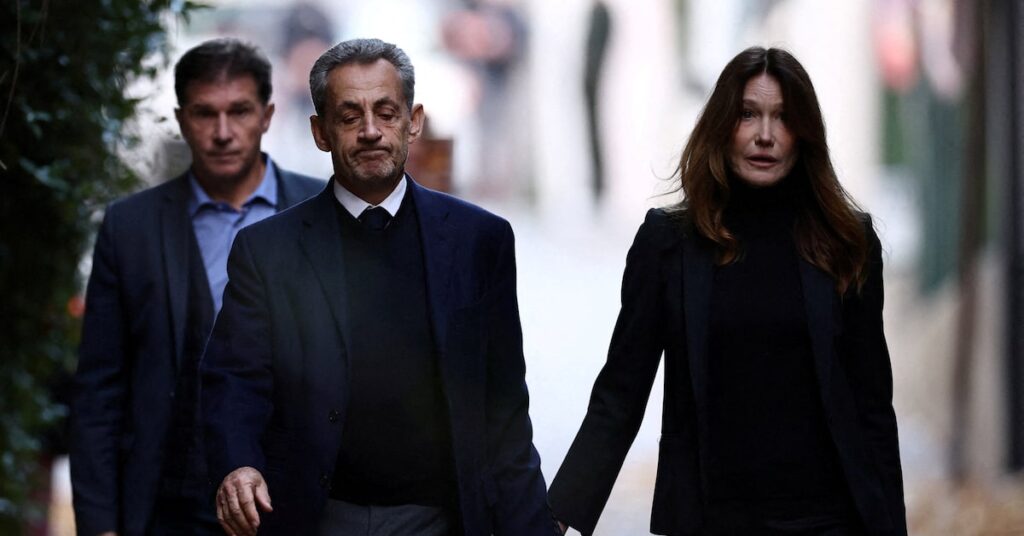In one of the most dramatic turns in French political history, former President Nicolas Sarkozy — once known as the “Iron President” — has begun serving his prison sentence. Confined to a solitary cell in La Santé Prison, Paris, Sarkozy’s fall from the Élysée Palace to incarceration has sent shockwaves through France and beyond.
Before entering prison, Sarkozy posted an emotional statement on social media:
“They are not imprisoning a former president — they are imprisoning an innocent man. I feel sorrow for a France humiliated by revenge.”
His words captured the nation’s anguish — a mix of disbelief, shame, and introspection over the sight of a once-powerful leader walking through prison gates.
“This Is Revenge, Not Justice,” Says His Lawyer
Sarkozy’s lawyer, Christophe Ingrain, condemned the imprisonment, calling it a “political vendetta.”
“This is not justice — it’s vengeance,” he said, noting that Sarkozy could remain jailed for several weeks while the appeal is reviewed.
The court, however, described the corruption case as one of “exceptional gravity” that had “deeply damaged public trust.”

Life Inside La Santé Prison: A Cell of Silence
For security reasons, Sarkozy is being held in isolation, sharing the facility with high-risk criminals. His 9–11 sq. meter cell includes a desk, shower, toilet, and a small TV — costing €14 a month. He is allowed one hour of solitary exercise daily.
A former prison official described isolation as “a form of social exile that wears people down mentally.”
Macron’s Visit and a Nation Divided
Just days before his imprisonment, Sarkozy met with President Emmanuel Macron, who said:
“It was natural to meet my predecessor. But it’s not my role to comment on judicial decisions.”
Justice Minister Gérald Darmanin announced he would personally check on Sarkozy’s well-being, saying, “I cannot remain insensitive to a man’s distress.”
The visit sparked public debate — compassion or political theater?
From Power to Prosecution: The Fall of a President
After leaving office in 2012, Sarkozy’s career was plagued by corruption probes. His latest conviction, tied to the Bygmalion affair, involved illegal financing of his 2012 campaign. He was sentenced to six months in prison.
Another investigation — the Libya funding case — accused him of receiving millions from Muammar Gaddafi’s regime for his 2007 campaign. While Sarkozy denied the charges, two close aides were convicted.
“I Am Not Afraid of Prison”
In his final interview before incarceration, Sarkozy said:
“I will hold my head high — even at the prison gates.”
He carried two books with him: The Life of Jesus and The Count of Monte Cristo — a symbolic nod to faith, injustice, and resilience.
“History Will Judge Me Fairly”
Standing firm in his innocence, Sarkozy declared:
“I expect justice not from the courts, but from history.”
His imprisonment has ignited France’s moral debate — is it the triumph of justice, or the revenge of politics?
Behind the iron doors of La Santé, Nicolas Sarkozy now lives in silence. But outside, France wrestles with a profound question —
Can true democracy exist without the courage to hold even its most powerful accountable?


